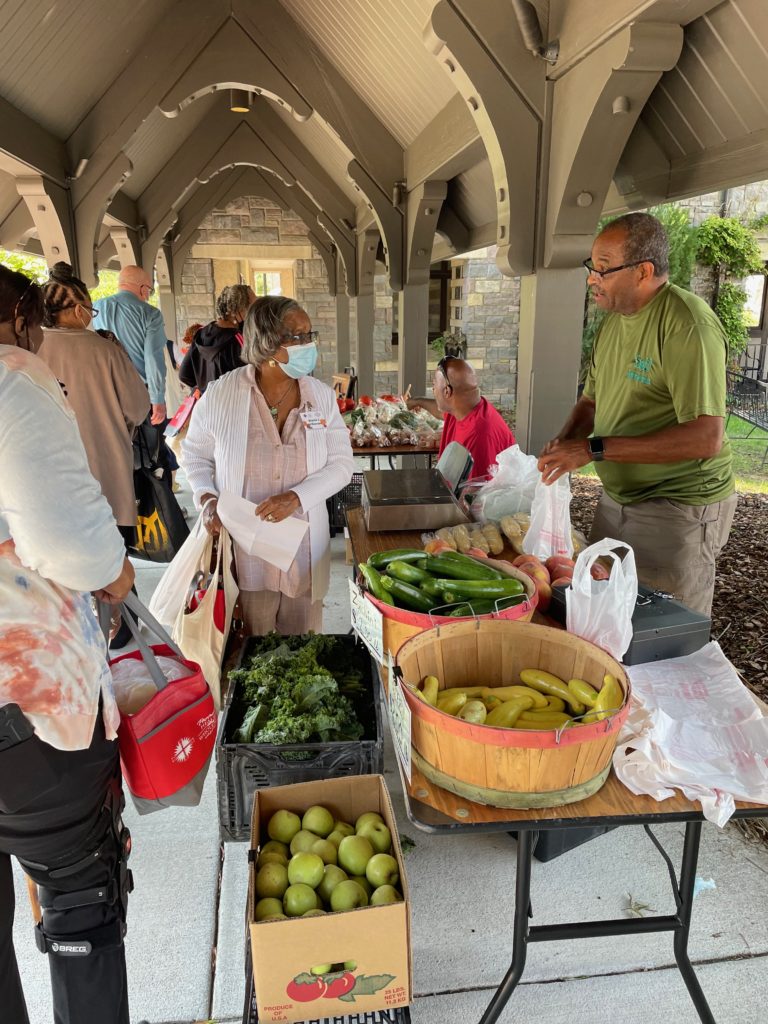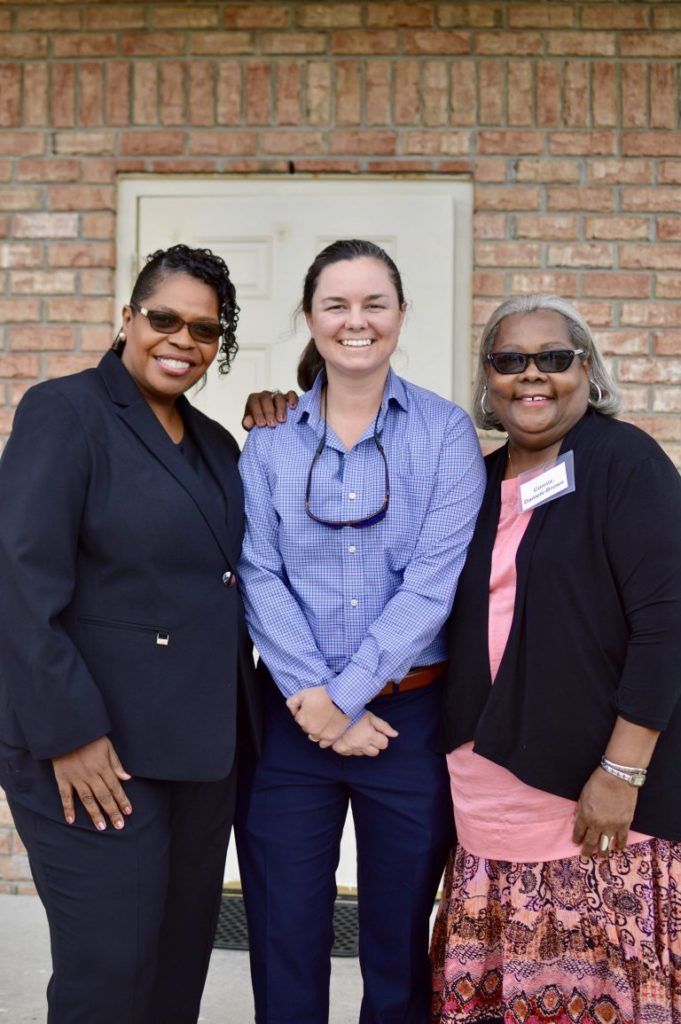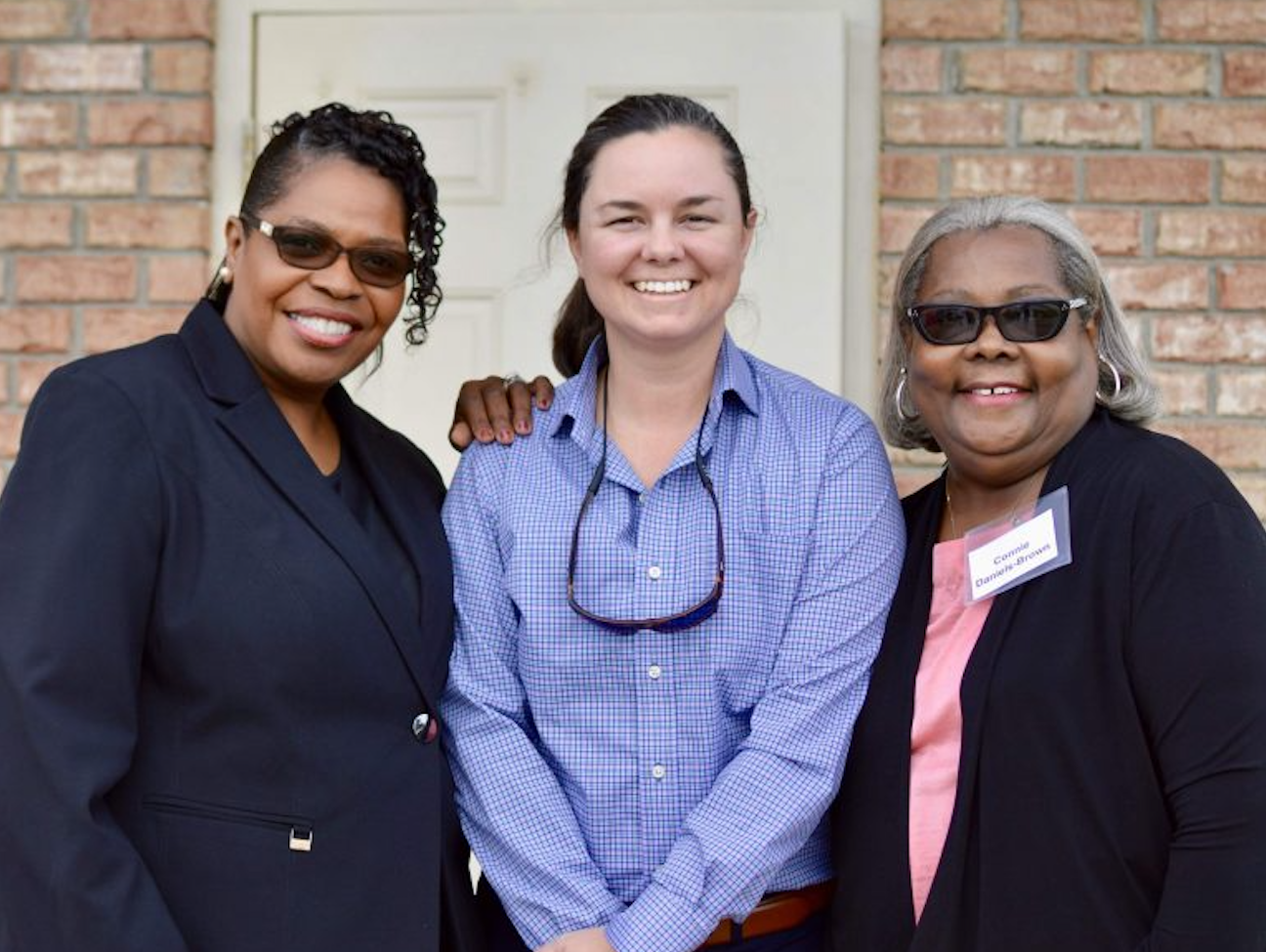What is PHW?

Partners in Health and Wholeness (PHW) is an initiative of the North Carolina Council of Churches that works to bridge the issues of faith, health, and justice.
We seek to accomplish this by partnering with faith communities in North Carolina to fund and support their health initiatives through our Collaborative Partnership. We also offer an array of events and resources to support our partners and anyone who is looking for information in our focus areas.
Health as a Faith Issue
We believe all people are loved by God and that God cares about the wholeness of humanity: mind, body, and spirit.
By empowering faith communities to improve their health and well-being, we hope to improve the health outcomes of people across the state. This is holy work that saves lives.
We live this by the example of the golden rule, 3 John 2, and Matthew 25:45
Our History

PHW has been engaged with individual congregations across North Carolina since 2009.
The focus has been to engage clergy and congregants in viewing health as an issue of faith. The work has primarily centered around the prevention of chronic illness through attention to diet, exercise, smoking prevention, and attention to mental health care. PHW was officially founded in 2009 by Willona Stallings and has actively been involved with over 700 congregations across the state
PHW Values Statement
- Partners in Health and Wholeness (PHW) is designed to bridge issues of faith, health, and justice. We embrace our PHW community fully, whatever their theological lens, while we ourselves undertake our work from the perspective that all people — no matter the societal labels placed upon them — are God’s beloved children, made in God’s image, and deserving not only of personal well-being but of dignity and equality. Therefore:
- Following Jesus’ example of healing the sick and abandoned, and feeding the hungry, filling them with “good things,” we believe that access to affordable, quality health care, as well as nutritious and affordable food, is a universal right.
- Differences in physical and cognitive able-ness, as well as neurodiversity, should be celebrated rather than seen as a source of “less than” or shame.
- Faith communities have the responsibility to destigmatize mental health and prevent toxic language; mental health concerns do not define the entirety of a person.
- We believe in the evidence-based philosophy and practice of harm reduction — that people who use drugs should be met with understanding and compassion rather than blame and stigma; that substance use is a spectrum, and is not a moral failing; that those who use substances are “expert” in their own lives.
- The second chapter of life should be seen as a positive, sacred journey that leads deeper into our relationship with the Divine, rather than one of decline and fear. Further, the elders in our society should be offered respect, understanding, care, and friendship; their well-being should be secured.
- God’s Creation should be honored and protected; we must remember that the health of human beings and that of Creation are inextricably linked.
- No one should fear physical, emotional, or spiritual abuse or harm — based upon their race, social/economic status, religious belief/practice or lack thereof, gender, sexual orientation, citizenship status, or physical and mental capabilities — especially by those in positions of power and authority.



